- Dubai, United Arab Emirates
- tameenguru@gmail.com
- +971 54 379 7955
Marine Cargo Insurance Policy will help you protect your valuable cargo literally anywhere in the world.












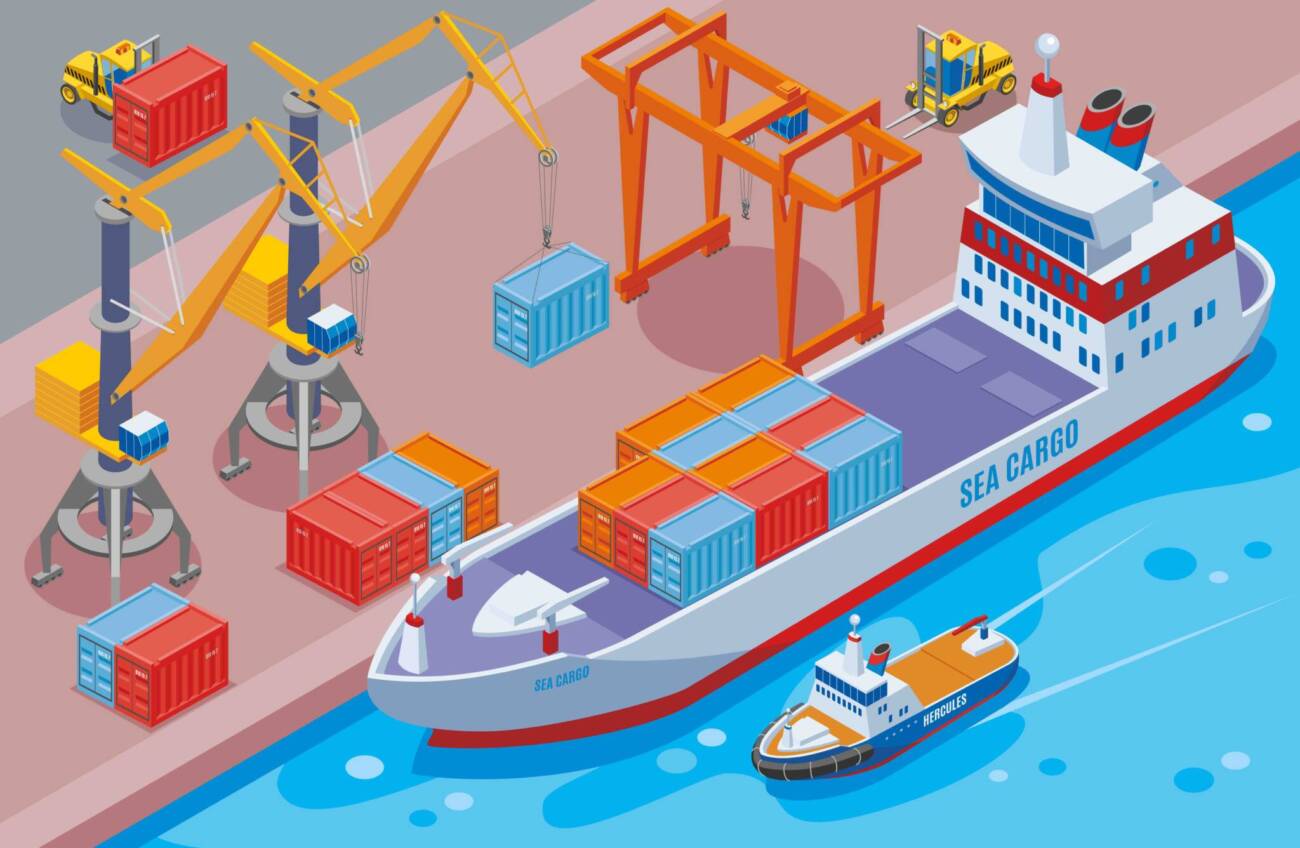
Marine cargo insurance covers the risks of physical loss or damage to goods and merchandise.
Get Insurance Advice from Tameen Guru
Marine Insurance Contract means an agreement where insurer undertakes to pay to the insured in the manner as agreed between them for the damages occurred during the marine journey. The Marine policy covers cargo losses or damage caused to ships, cargo vessels, terminals, and any transport in which goods are transferred or acquired between different points of origin and their final destination. Providing protection against transport-related losses, this voyage policy provides a haven for shipping companies and couriers because it protects them from costly potential losses while transporting goods by water.
Transporters can’t control natural occurrences that might disrupt the cargo or vessel despite laws and safety regulations. Ship Owners can face substantial financial hardship as a result of weather hazards, encounters with pirates, and cross border conflicts in water transportation. This is where a marine insurance policy comes to the rescue, protecting the interests of shipping corporations and transporters by providing them with insurance coverage needed to defend against possible losses.
Call us to get an Advice

Over 2000 Contacts Worldwide

100% Viewers Satisfaction guaranteed

First Educational Specialized Channel for Insurance

Insurance & Reinsurance Partners
Get Marine Insurance Advice – instantly
Marine Insurance types are:
- Cargo Insurance.
- Hull Insurance.
- Marine Liability Insurance.
- Freight Insurance.
Marine Insurance
Ocean marine insurance is such a broad term that it is usually applied to a group of coverages to provide protection against certain losses or damages. Generally, there are three common types of marine insurance that provide different protections.
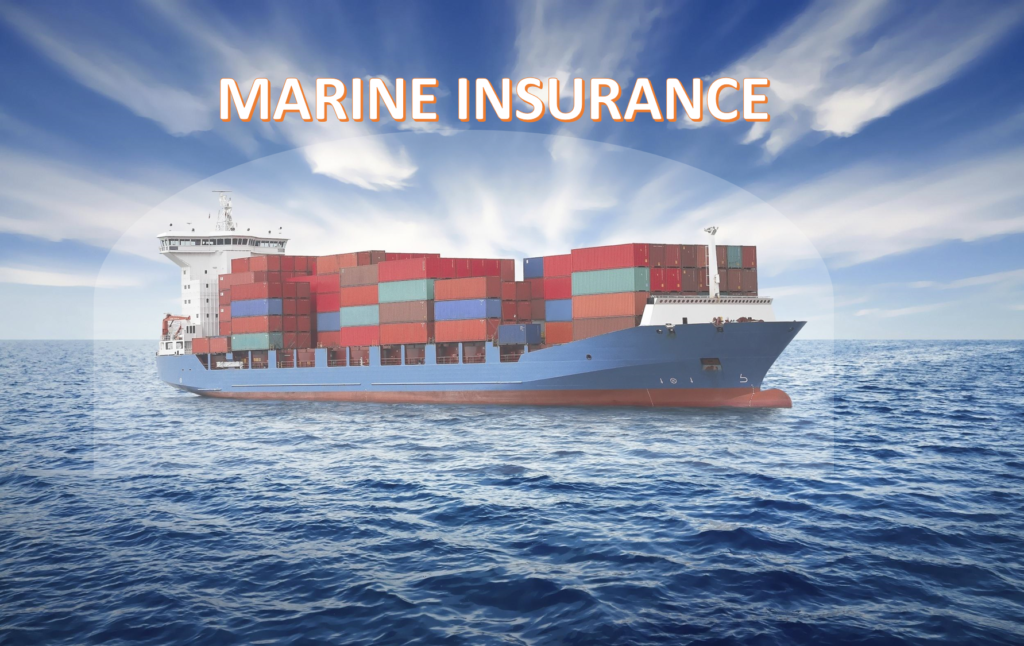

Cargo Insurance
provides coverage for physical damage to cargo that is conveyed or travelled as part of the shipment process. Depending on the chosen coverage, some policies offer theft protection or coverage for other forms of losses besides physical damage. Cargo is usually insured on a warehouse (of departure) to warehouse (of arrival) basis and frequently covering all risks.
Hull Insurance
offers protection for physical damages to the boat or vessel along with its operating equipment, including machinery. This policy is applicable for all water vessels and limited to commercial-based ocean crafts. Barges, tugboats, oil rigs located offshore, floating equipment, and other similar installations can benefit from this type of insurance.
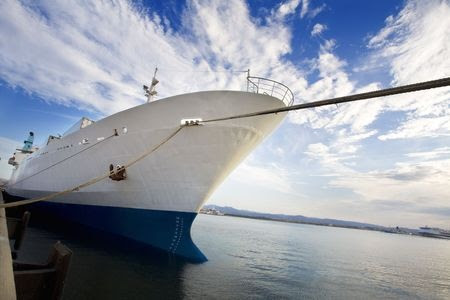
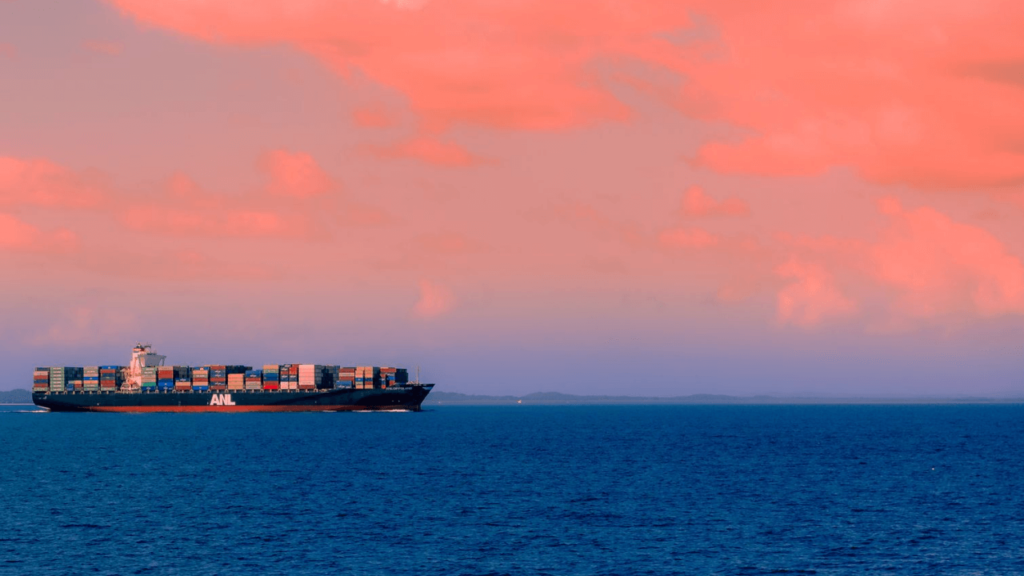
Marine Liability Insurance
The custom has been to provide insurance for three- quarters of the ship owner’s liability for collisions at sea under a marine policy. The remaining quarter and all other forms of liability, are catered for by associations set up for the purpose by ship owners and known as P&I or protection and indemnity. That coverage offers protection for third-party liabilities that owners and corporations are exposed to during water operations. It includes coverage for injuries, illnesses, or even loss of life caused by vessel operation. Medical expenditures, damage to other vessels and cargo, collision incidents, and related expenses as a result of quarantine may also be covered.
Freight Insurance
In freight insurance, for example, if the goods are damaged in transit, the operator would lose freight receivables & so the insurance will be provided on compensation for loss of freight. Freight insurance protects the shipping companies to cover the freight cost in case of a loss or damage to the cargo.
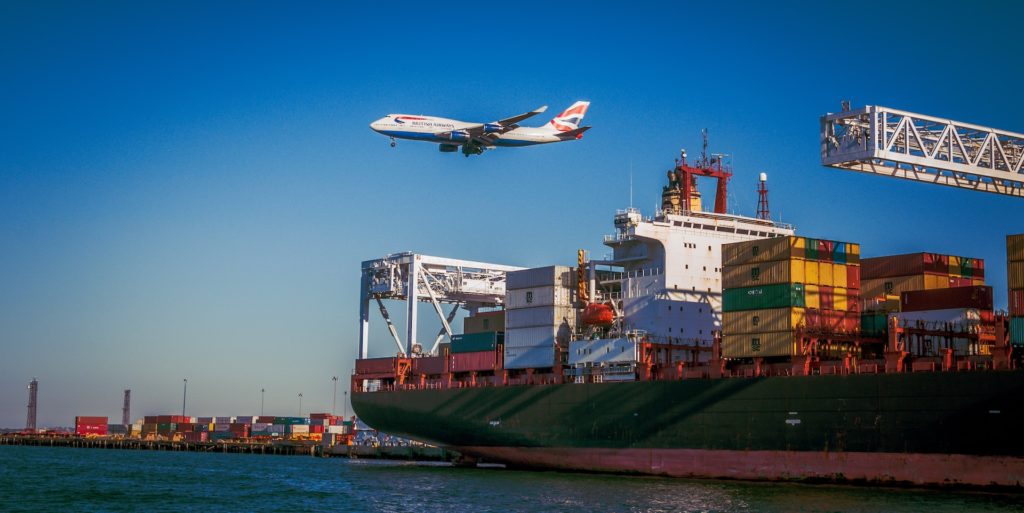
Tameen Guru
presented a very useful video about Marine Insurance that covers all policies, General Average Concept, claim processes and reinsurance with the example of Ever Given Vessel case (in March 2021) in Suez Canal that disrupted the global trade supply for around two weeks.
https://bit.ly/3Dfhekw
We've got answers

Frequently Asked Questions
1.What is the Open Cover Policy?
Open Policy – an inland marine insurance policy provides coverage for inland movement of a consignment for a specific duration of time, usually up to one year. This policy is applicable for shipping companies with numerous transactions per year as it offers continuous coverage during the active policy period. Inland marine insurance, in the context of extended coverage for marine insurance, covers goods shipped by land, such as after the goods have arrived ashore and are being shipped to a storage facility.
2.What is Freight Insurance?
Freight insurance covers a freight forwarder's liability for damage or loss to customers' goods during transit. Any such damage or losses must be caused by the freight forwarder's negligence for a claim to be payable. All freight insurance cover is calculated on the basis of the weight of the goods.
3.What is Voyage Policy?
In the case of Marine insurance voyage policy an insurance can be applied for any single transit or consignment. It means that it is required to buy a policy every time a consignment is shipped.
4.What is Time Policy?
In the case of time policy marine insurance is generally provided for a year or for specific period.
